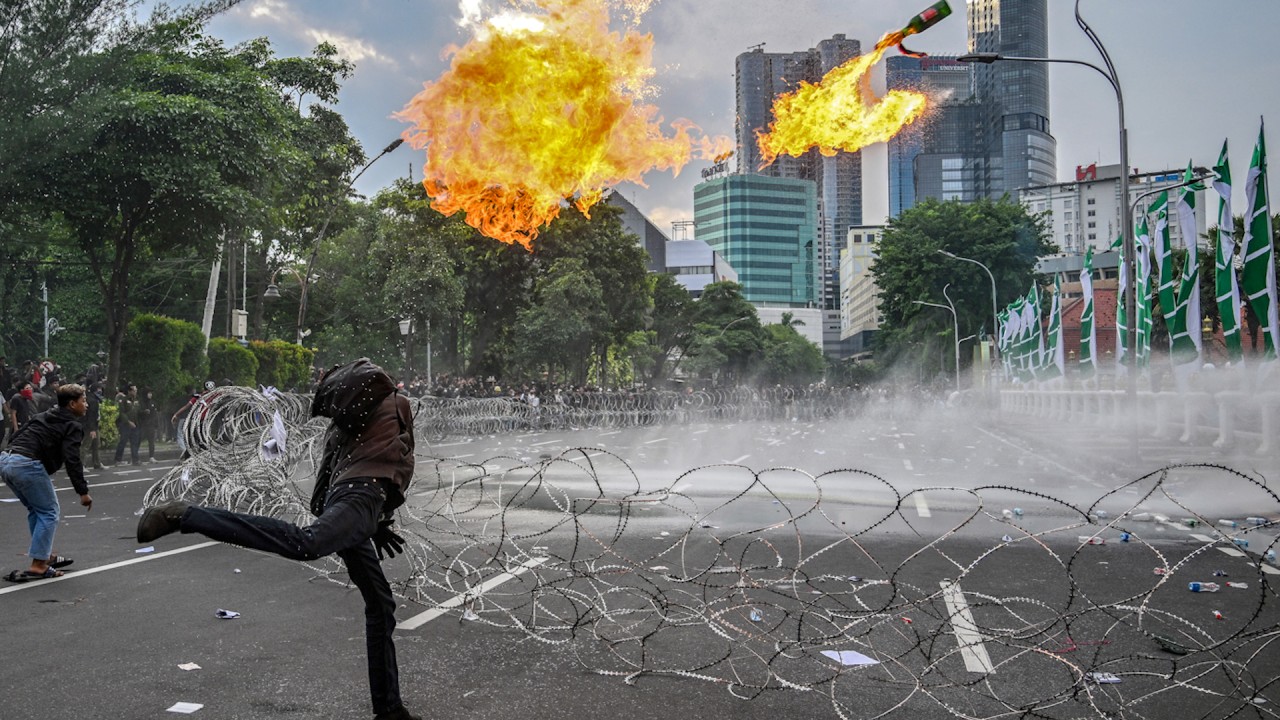For the biggest anomaly in Asia’s commercial property market, look no further than Indonesia. Southeast Asia’s largest economy is the 16th biggest in the world when measured at market exchange rates. Indonesia is also the world’s fourth most populous country and the third-largest democracy. In fact, Greater Jakarta is the world’s second-largest metropolitan area after Tokyo.
Yet a cursory glance at the reports on the Asia-Pacific region from global real estate advisers suggests Indonesia is of little significance. The findings of an investor intentions survey published by CBRE in January showed that Jakarta was not even among the top eight preferred cities for cross-border investment. Ho Chi Minh City and Bangkok, on the other hand, were the fourth and sixth most attractive destinations respectively.
No other leading economy is such a minnow in the commercial property market. This anomaly is attributable to several factors. The most important one is that Indonesia has been a serial underperformer in Asia’s real estate markets and suffers from a dearth of liquidity.
The facts speak for themselves. In Jakarta’s office market, rents for grade A buildings in the central business district have fallen continuously for the past decade. Even “premium”, or high-quality, offices have not been spared from the downturn, according to JLL data. The overall vacancy rate in the city is 30 per cent, one of the highest in Asia.
Rents for prime shopping centres in Jakarta have barely budged in the past decade, while apartment sales have fallen sharply, with prices for luxury and mass market flats stagnating. According to the results of a survey by PwC and the Urban Land Institute on investment and development prospects for 22 cities in the Asia-Pacific region, Jakarta was among the least attractive markets.
It is against this bleak backdrop that renewed concerns about sovereign risk in Indonesia intensified last week. On March 25, the rupiah fell to its lowest level against the US dollar since the 1997-98 Asian financial crisis because of worries about populist policies and the governance of a new sovereign wealth fund set up President Prabowo Subianto, a former general who has expanded the role of the military in public life since taking office last year.

01:28
Indonesian demonstrators and police clash during Surabaya protest against new military law
Indonesian demonstrators and police clash during Surabaya protest against new military law

 By South China Morning Post | Created at 2025-03-31 08:34:49 | Updated at 2025-04-02 00:00:01
1 day ago
By South China Morning Post | Created at 2025-03-31 08:34:49 | Updated at 2025-04-02 00:00:01
1 day ago








